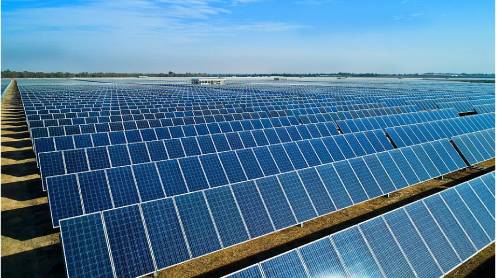Finance Minister Muhammad Aurangzeb unveiled the federal budget for FY2025-26, aiming for 4.2% GDP growth and setting a record tax collection target of Rs14,131 billion. The budget offers significant relief for Pakistan’s salaried class while expanding the tax net to include sectors like solar energy, e-commerce, and property. Salaried Class Relief Aurangzeb announced revised income tax slabs with reduced rates across all tiers: A 10% salary hike was also announced for government employees (Grade 1–22). The minister emphasized that these measures aim to retain talent and prevent brain drain. Pension…
Read MoreAuthor: Admin
Budget 2025–26: Austerity Budget Offers Modest Relief Amid Tight Fiscal Goals
ISLAMABAD: In line with the International Monetary Fund’s (IMF) fiscal consolidation demands, Finance Minister Muhammad Aurangzeb on Tuesday presented a tightly constrained federal budget for FY2025–26. Despite stringent measures, the government extended limited relief to salaried individuals and offered targeted incentives to revive the struggling industrial, real estate, and construction sectors. While some concessions were announced, new burdens were also introduced. These include a carbon levy of Rs2.5 per litre on petrol, diesel, and furnace oil — set to double in FY2026–27 — a 5% tax on pensions exceeding Rs10…
Read MorePSA Urges Government to Withdraw Proposed 18% GST on Imported Solar Panels
Islamabad, June 11, 2025 — The Pakistan Solar Association (PSA) has voiced strong opposition to the proposed imposition of an 18% General Sales Tax (GST) on imported solar panels, as outlined in the Federal Budget 2025–2026. In a formal representation submitted to the Ministry of Power, PSA cautioned that the move could significantly derail Pakistan’s progress in renewable energy adoption at a critical juncture. According to PSA, the imposition of this tax risks reversing the positive momentum built over the past several years, which has enabled widespread access to clean,…
Read MoreSalaried class get mild relief in taxation
In the recent budget announced by Muhammad Aurangzeb, it has been advised to decrease the tax rate levied on the salaried class of the country. It was expected that the decrease in the tax rate would be much higher, however, the suggestions that have been made leave much to be desired. Under the taxation policy proposed, it has been suggested to keep annual income below Rs 6 lakh untouched. This means individuals earning less than Rs 50,000 per month are exempt from income tax. In terms of the next slab,…
Read MoreChina’s May crude imports at 4-mth low amid widespread refinery maintenance
China’s crude oil imports fell in May to their lowest daily rate in four months, data showed on Monday, as planned maintenance work at both state-owned and independent refiners picked up. May imports in the world’s largest crude buyer totalled 46.6 million metric tons, equivalent to 10.97 million barrels per day (bpd), according to data from the General Administration of Customs. The volume dropped by 3% compared with 48.06 million tons in April, and also fell 0.78% from May 2024. In the first five months of 2025, China imported 229.61…
Read More







